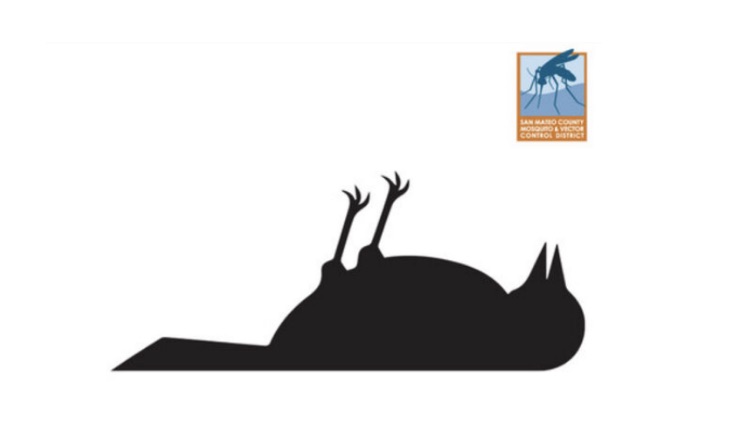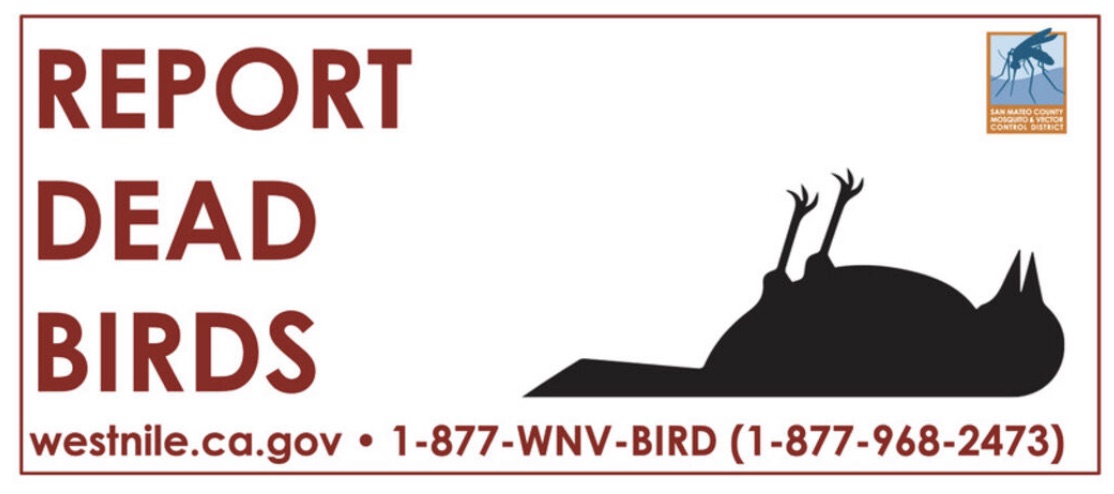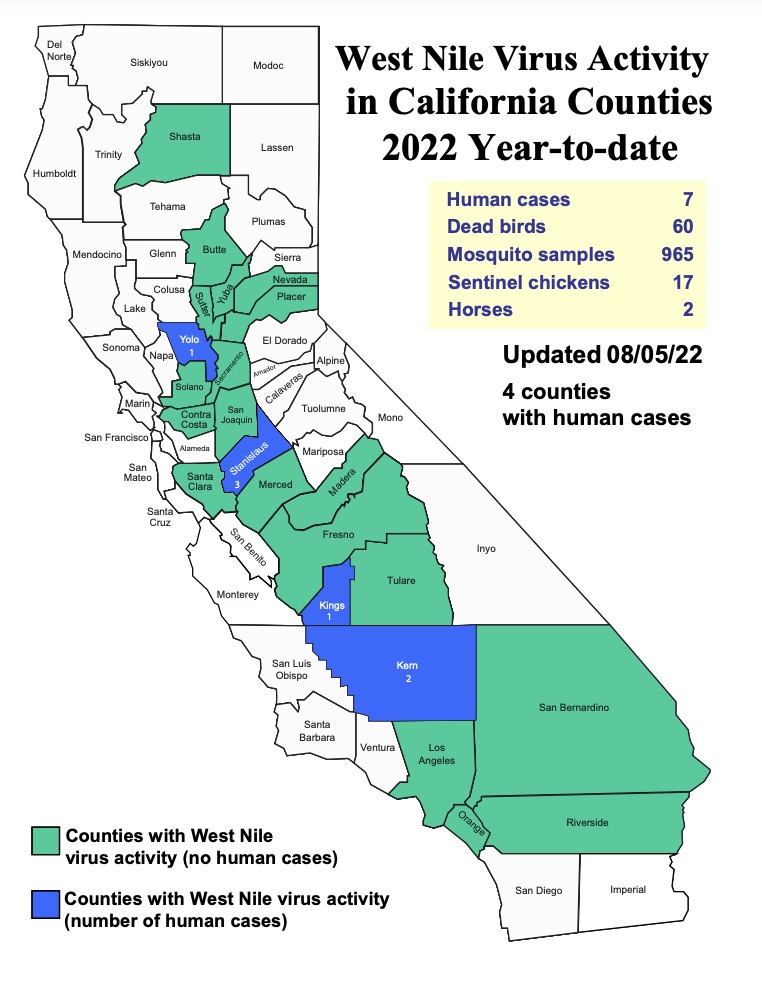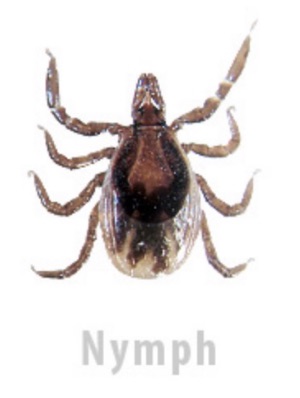|
Getting your Trinity Audio player ready...
|
PRESS RELEASE. West Nile virus is the most common and serious vector-borne disease in California. There have been more than 7,000 human cases and over 300 deaths reported in California since 2003. The mosquitoes that spread WNV are found throughout the state.
You can submit a dead bird report to the California Department of Public Health (CDPH) year-round using the online form below, or you can call and report a dead bird to the WNV Call Center from April to October. The video and steps below provide an overview of the dead bird reporting process and what to expect when you report a dead bird. Your reports help CDPH track WNV in California – thank you!
Found a dead bird? Report it online or give us a call at 1-877-WNV-BIRD
If you find a dead bird (especially a crow, jay, magpie, raven, sparrow, finch, or hawk) please file a report online or call toll-free 1-877-968-2473 (1-877-WNV-BIRD). Dead bird reports are often the first sign that WNV is active in an area, and they help CDPH track WNV in California all year long.
Why report dead birds?
Dead bird reports are often the first sign that WNV is active in an area, and the reports help track WNV throughout the year. Wild birds are the main source of WNV for mosquitoes. When certain birds become infected with WNV, they will have WNV in their blood. If a mosquito bites an infected bird and feeds on its blood, the mosquito can become infected and pass the virus on to people or other animals that it bites. Not all birds that are infected with WNV will get sick, but WNV can make some birds very sick and even cause death. Signs of WNV in birds may include uncoordinated movement, a lack of energy, and difficulty breathing. Corvid birds (such as crows, jays, ravens, and magpies) are the most likely to get sick and die from WNV.
What happens when you report a dead bird?
If you call the hotline, a California Department of Public Health (CDPH) staff member will take down information about the bird. If you submit a report online, the CDPH may call you for additional details. The CDPH determines if the bird is ‘testable’ – depending on the condition of the carcass and whether it is a species likely to have died from WNV. The CDPH shares the information with San Mateo County Mosquito and Vector Control District. The District sends staff out to collect the bird and bring it back to the District lab for testing. If the bird tests positive for WNV, the District conducts additional surveillance activities.
To learn more about WNV, visit https://westnile.ca.gov/faq.php
What about reporting other odd wildlife happenings?
• If you’ve found a wild animal that appears to be sick, injured, or orphaned, please visit: https://phs-spca.org/wildlife/found/
• If you’ve found a dead wild animal other than a bird, please visit: https://wildlife.ca.gov/Conservation/Laboratories/Wildlife-Health/Monitoring/Mortality-Report
• If you’re interested in reporting another kind of wildlife incident, please visit: https://apps.wildlife.ca.gov/wir







